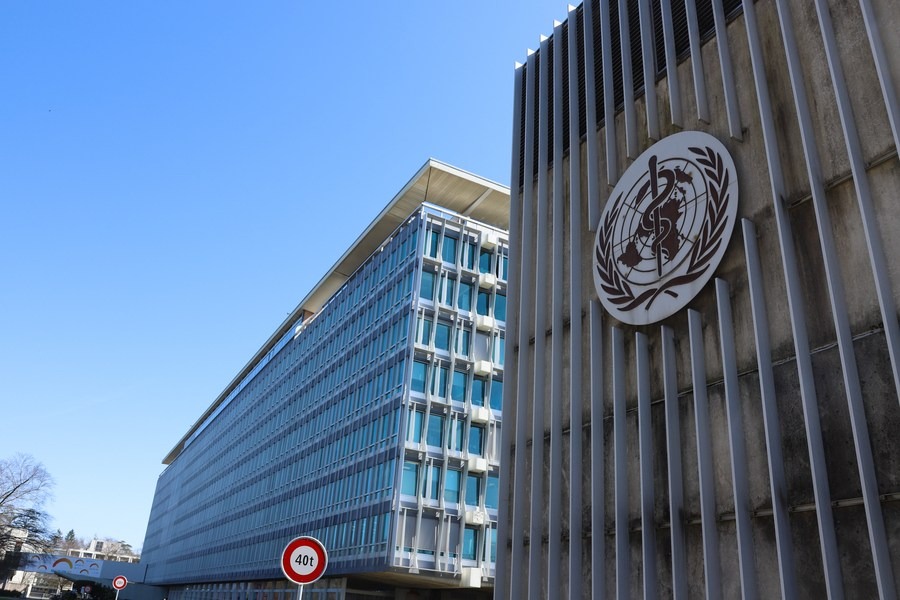US Rejects WHO’s Proposed Amendments to International Health Regulations
In a significant move, the United States has formally rejected amendments to the International Health Regulations (IHR) put forth by the World Health Organization (WHO). This decision, announced on Friday, has sparked discussions about national sovereignty, public health, and international cooperation in the face of future pandemics.
Context: The 2024 International Health Regulations
The amendments to the IHR were adopted during a WHO conference held in Geneva in June 2024. These regulations aim to enhance global preparedness by ensuring that essential drugs, therapeutics, and vaccines are readily accessible during future health crises. As the world grapples with the aftermath of the COVID-19 pandemic, such regulatory frameworks are crucial for improving international responses to emerging threats.
The US Stance
At the forefront of the rejection were U.S. Health and Human Services Secretary Robert F. Kennedy Jr. and Secretary of State Marco Rubio. Their joint statement expressed firm opposition to the amendments, describing them as “vague and broad” in terminology. This characterization indicates a concern over the potential for misinterpretation or misuse of the language within the amendments.
The U.S. officials emphasized their commitment to prioritizing American interests, asserting that “we put Americans first in all our actions.” This inclination reflects a pervasive sentiment in American politics that insists on guarding against international policies perceived to infringe upon domestic rights and liberties.
Concerns Raised
The rejection centers around several key issues. One of the primary concerns is the fear that the amendments could compromise personal freedoms. U.S. officials have articulated worries that these international regulations might infringe upon Americans’ speech, privacy, and personal liberties. In an age where data privacy and individual rights are increasingly under scrutiny, this argument resonates with a significant segment of the population.
Furthermore, the vague language of the amendments raises alarms about implementation. Critics point out that without clear definitions, there could be a wide array of interpretations that leave room for overreach by international bodies, potentially leading to unequal power dynamics between nations.
Implications for Global Health Initiatives
The rejection of the amendments could have far-reaching repercussions for global health initiatives. The WHO’s aim of ensuring equitable access to vaccines and therapeutics is crucial, particularly in a world where pandemics can transcend borders in mere days. The U.S. decision sends a message that while international cooperation is essential, national priorities will take precedence.
Without the cooperation of major countries like the U.S., the effectiveness of international health regulations may be hampered. The global community must now navigate the complexities of public health collaboration amid diverging national interests.
Reactions from Public Health Experts
Public health experts have expressed concern about the implications of this decision. Many argue that international collaboration is critical in combating health crises effectively. They fear that the U.S.’s refusal to engage further could weaken global health preparedness, leaving poorer nations at greater risk during future pandemics.
Moreover, some organizations are advocating for transparency and dialogue over outright rejection. They emphasize that constructive engagement could help refine the amendments to address U.S. concerns without entirely dismissing the need for robust international health regulations.
The Future of International Health Regulations
The conversation surrounding the IHR amendments raises vital questions about how nations balance sovereignty with the need for collective action in global health. As the world faces potential pandemics in the future, the importance of cooperative frameworks cannot be overstated. The U.S. stance complicates this dynamic, and the global community will need to find a way to bridge these gaps.
As the debate continues, it remains to be seen how this rejection will shape the future of international health policies and the potential for global solidarity in the face of inevitable health challenges. The stakes are high, and the need for a cohesive approach to global health has never been more urgent.


